How I became the ACO World Champion (2/2)
In Part I of this article we saw how Ashwin Subramanian who was just an unrated player, went to the ACO World Championship in Greece, played in 1600-1800 section and won the event. He was the only unrated player in the section, but he finished ahead of all the rated players. While this was a fantastic result, the question on everyone's mind was - how did Ashwin do it? Was it plain luck, or was it meticulously planned pre-tournament preparation? It was definitely the latter and in this article we tell you all about how the 40-year-old engineer from Intel worked hard on the different chess resources out there to become a stronger chess player.
For all those who missed it, here's part I of this story
How I prepared for the ACO World Championship?
By Ashwin Subramanian
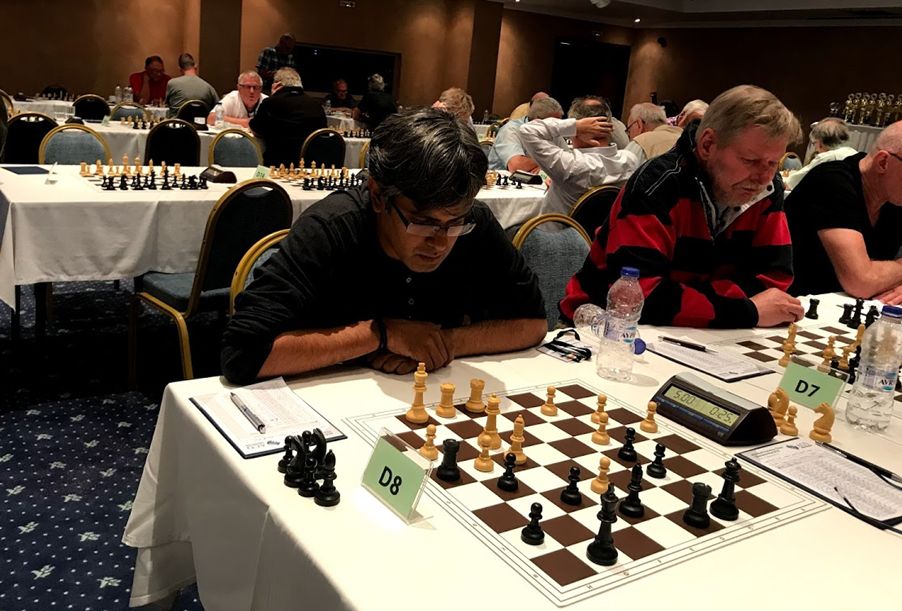
I played at the ACO WACC in 2017 and 2018 – have played 2 of their 7 events so far. Although it’s an unrated event, we absolutely loved our overall experience at this tournament – everything from the quality of chess players, the tournament organization (by Lothar Hirneise, IM Tobias Hirneise, IM Jens Hirneise and GM Falko Bindrich), guest lectures (by GM Spyridon Skembris in English and GM Lanka Zigurds in German), blitz events (in which GM Alexei Shirov, GM Lanka, GM Falko Bindrich and IM Tobias Hirneise also played) and the food/stay experience at the Helona Resort were excellent!
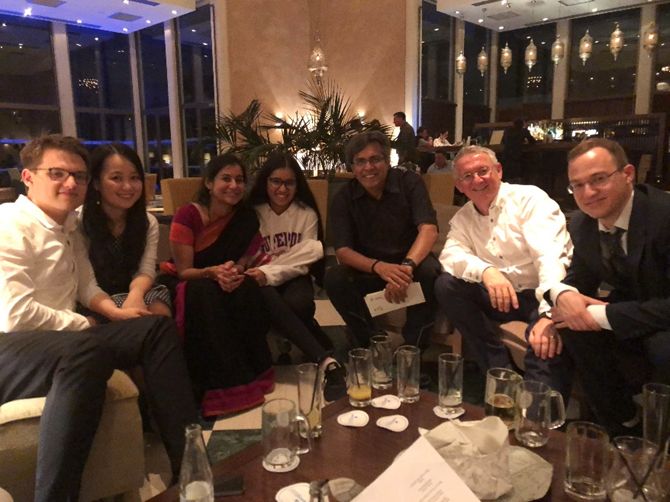
Upon my return to India after participating in ACO WACC 2017, I thoroughly analyzed all my games using Chessbase 14 + Komodo 10 to determine my strengths and areas of improvement/development. Then I set training goals for ACO WACC 2018 and defined a training/development program to meet these goals. My training goals were primarily around 3 areas:
1) Strengthen my system of thinking (including chess psychology) via a few video-based chess courses (esp. GM Igor Smirnov’s GM Positional Understanding and IM Anna Rudolf’s Anna Rudolf Method), training games (with random opponents online at Chess.com, PlayChess.com and Lichess.com) and post game analysis (using Komodo 10 engine)
2) Strengthen my Opening Repertoire by studying relevant books and video-based courses (esp. GM’s Opening Laboratory)
3) Improve my Tactical/Calculation/Visualization skills by solving difficult chess puzzles (esp. on Chess.com’s Tactics Trainer) without moving the pieces.
I met Sagar Shah, co-founder of ChessBase India, in April 2018 at the Karnataka State Chess Championship – he was very kind to quickly assess my chess abilities and suggested I pay specific attention to my calculation skills (he in fact told me to “stop everything else” and just focus on this one aspect!) – I adapted my plan accordingly. Overall, I spent around 4-5 hrs each weekend – playing (against random opponents online), analyzing my games, solving chess puzzles and studying books / video courses.
I also paid specific attention to Chess Psychology by reading a book by GM Igor Smirnov titled “Champion Psychology” – read it for the 3rd time prior to this event! A couple of months back Judit Polgar published an article in New in Chess Magazine about how it was harder to recover from wins than losses – I quickly realized that this was an issue with me where I’d start events very well but finish poorly! I read this article a couple of times to ensure I didn’t let my wins build complacency during the event! On May 12th (my birthday) we were at Kos Island for the event registration and I received a perfect/timely gift – I had registered for GM RB Ramesh’s (India’s top chess coach) Chess Course at https://www.nurtr.com/ and they had a “live event” on Handling Tournament Pressure. It was a 1.5 hr session in which Ramesh gave several suggestions – I took copious notes and read it everyday as part of my pre-game routine! A few suggestions such as “play the position – don’t worry about the outcome of the game or your position in the tournament” or “don’t look at your opponent’s rating when you see your pairings” – were absolutely invaluable! Ramesh is also a good personal friend and suggested that I read GM Arthur Yusupov’s 9-volume chess course (I quickly read 6 of them as part of my preparation).
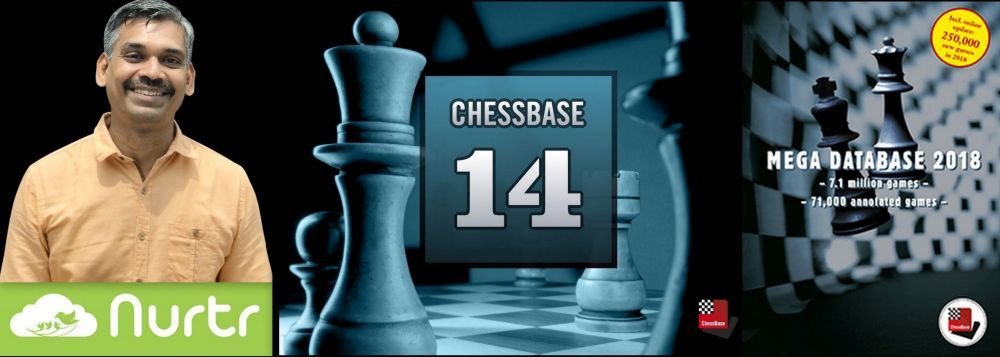
I am very grateful to GM Igor Smirnov, IM Anna Rudolf, GM RB Ramesh, IM Sagar Shah and GM Judit Polgar as my preparation was primarily based on their courses and/or advice! I am also very grateful to my wife Aruna for encouraging me to resume chess and her wonderful support – she accompanies us to all tournaments and waits patiently until we finish our games. And of course, my parents (TVS Subramanian and Radha Subramanian) for instilling strong values in me during my childhood and supporting my early chess stints between 1990-1992 at Mysore which shaped my foundation!
My Favourite Chess Players:
My favourite chess players are former World Champions Vishy Anand, Garry Kasparov and current World Champion Magnus Carlsen! I’ve also admired the Polgar Sisters – especially Judit Polgar who is the strongest female chess player ever! Former World No. 2 Shirov is also one of my favourite players and I’ve learnt a lot by watching his ChessBase video courses! I didn’t know he would be visiting Kos this year and had the privilege of meeting him personally this time!
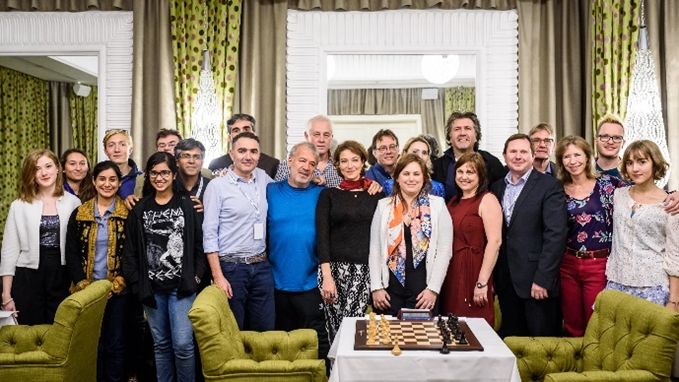
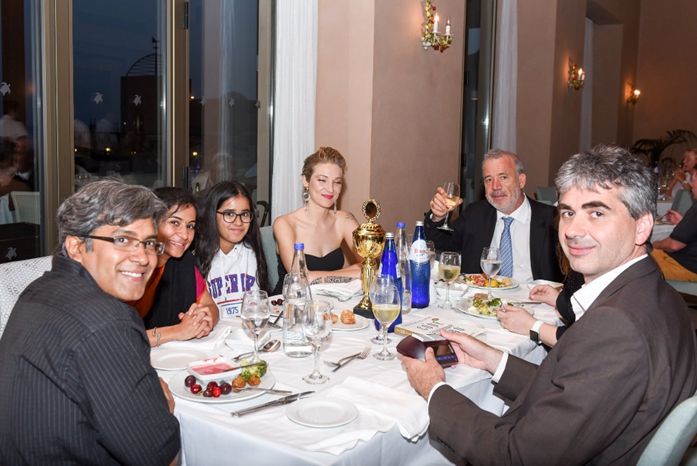
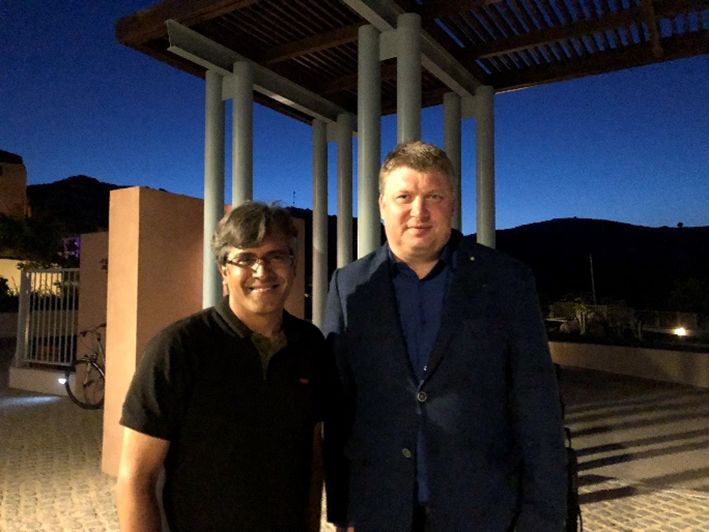
My two favourite chess matches are:
1) 1990 Kasparov Karpov World Championship – as this fascinating event got me started on my chess journey!
2) 2013 Anand Carlsen World Championship – although Anand lost the event it was an honour to witness Carlsen becoming the 16th World Chess Champion!
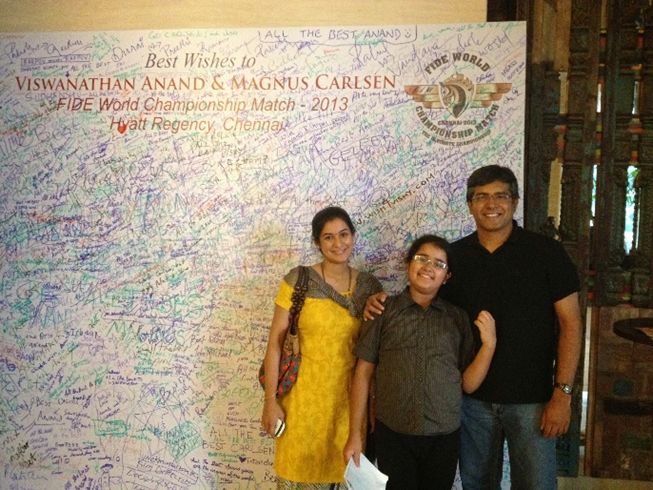
Advice to Novice chess players:
My advice to a novice player striving to improve their chess skills/results would be to balance playing with studying. Your initial chess study focus areas should be to:
1) Building a solid chess thinking system including preventing blunders/mistakes
2) Building foundational tactical/calculation skills
3) Build a base opening repertoire (initial set of moves).
Here are some resources to consider:
Play/Train: Play: For learning purposes I’d recommend playing rapid/slow games and then analyse for mistakes: Try to play a minimum time control of 15 mins with 10-15 seconds increment on chess.com, lichess.com, playchess.com or chessclub.com – these are websites where you will surely find players quickly. Slow time control such as 30 min or longer is even better but always try to play with increment (where you get additional time when you make a move). Chess.com and LiChess.com have built in analysis (even with a free account) that you can leverage to check your games for mistakes and learn from this. At the same time the tactical analysis of feature of ChessBase 14 could come in handy.
Train: Training tactics is key – tactics trainers in chess.com, playchess.com or lichess.com are great resources. I’d recommend spending 10-15 mins on tactics each day (esp. before you play) solving a few puzzles but without moving the pieces until you figure out the whole solution – this would develop your tactics knowledge (esp. when you make a mistake and see the solution later), pattern recognition as well as visualization skills which are critical for growing as a chess player.
Study Material:
• ChessBase India has excellent video-based training material available at a much lower price (compared to ChessBase.com) for Indians and seven other countries and they also sell chess books from Quality Chess (one of the best chess publishers in the world) at affordable prices!
• Chess.com has a very nice set of study plans here and it’s a great place to start esp. if you can invest in their premium membership.
• 3 excellent courses to build a strong foundation (thinking process and base opening repertoire) would be: https://chess-teacher.com/shop/chess-courses/rca-beginners-package/
• iChess.net and thechessworld.com are two very comprehensive websites that sell almost all the available video training material – here you can buy selective courses based on specific needs once you complete the above beginner courses – overall great set of resources you can leverage. Of course, you can also find many free resources on YouTube as well such as this
My thoughts on Chess and what it has taught me:
Garry Kasparov published a very nice book titled “How Life Imitates Chess” in 2007 – I strongly believe I’ve personally learnt a lot from this game and think everyone should consider learning/playing Chess! A quick google search on benefits of playing chess should easily convince you to do so! I think any form of sport teaches you a lot of “life skills” (dealing with failure being one of the most important ones!) – I believe it’s important to play both team and individual sports as they can teach you many skills in addition to keeping you fit physically and mentally! My top 3 learnings from the game that I strive to apply in all aspects of my life and work are:
1) A structured thinking system is critical to making “good” decisions in a timely manner – I strive to apply this in all aspects of my life and work!
2) Desire good results but stay focused on the process/actions (vs. end results) especially during the journey – actions leveraging the right process will always result in strong outcomes!
3) You can learn any skill to a reasonable level of strength (to create your own masterpieces!) with the right learning approach and through strong effort! Whether you win or lose – you should learn!
Intel and Chess:
I am not sure how many people are aware of this but Intel was a sponsor of some of the largest Chess events in the 1990’s such as the PCA World Chess Championship in 1995 and the 1994-1995 Grand Prix series! Chess engines have evolved significantly over the last 20 years thanks to Intel – computers with chess software are now indispensable for amateur and professional chess players alike!
During the 90’s I used to admire Intel for sponsoring these big events and was rooting for Intel in developing personal computers that are stronger than Human chess players. Little did I imagine that I would resume playing competitive chess while working at Intel!
Pursue your Passion:
I also hope to inspire everyone reading this article to pursue their various passions – I personally strive to balance my time and energy among five of my focus areas / passions:
1. Family (we love to spend a lot of time including traveling together),
2. Work (at Intel),
3. Health/Spirituality (especially learning/applying Ayurveda, Yoga & Meditation),
4. Chess
5. Photography / Videography (you can follow me on Instagram @aksubram and also watch my 1st attempt at videography/editing here)

